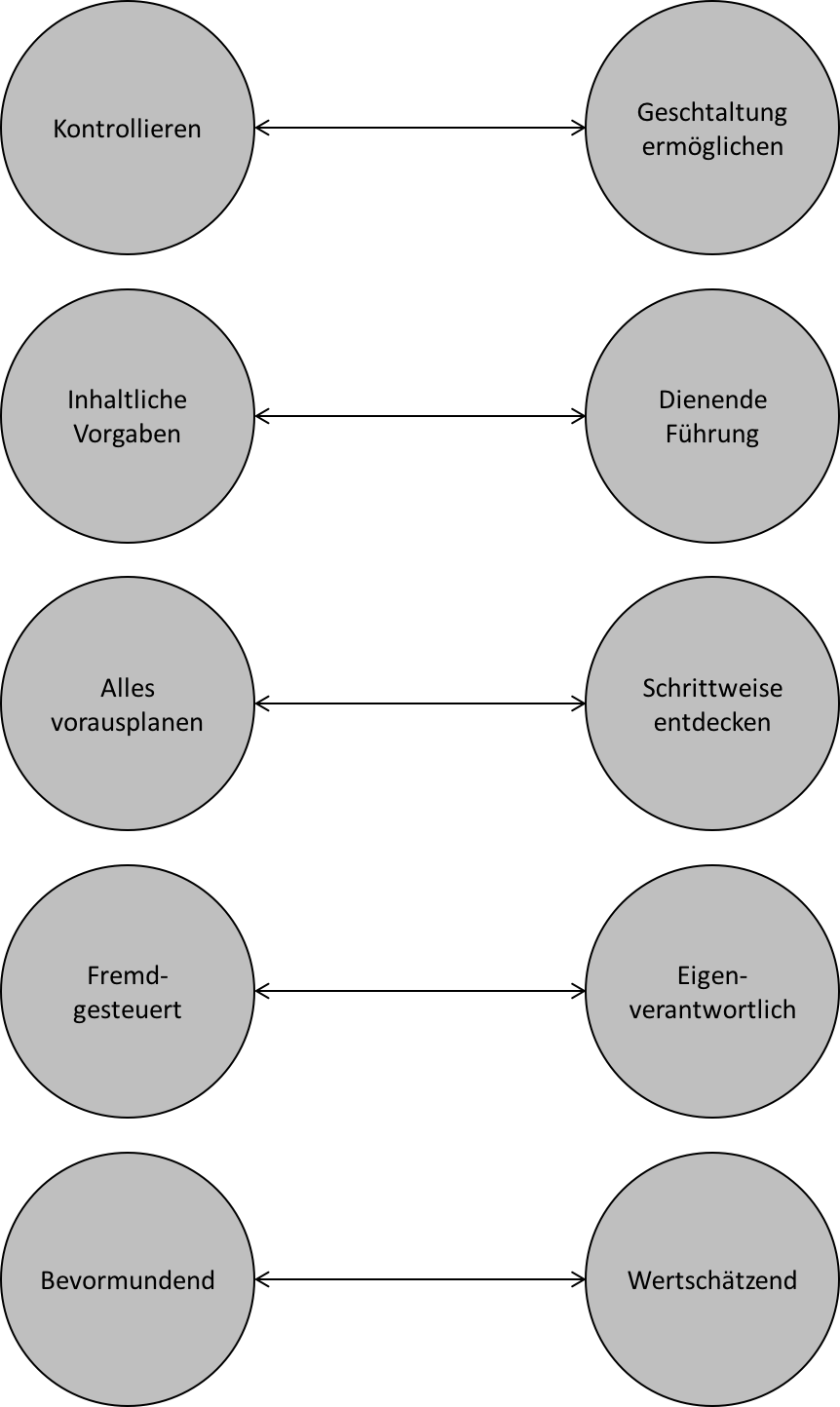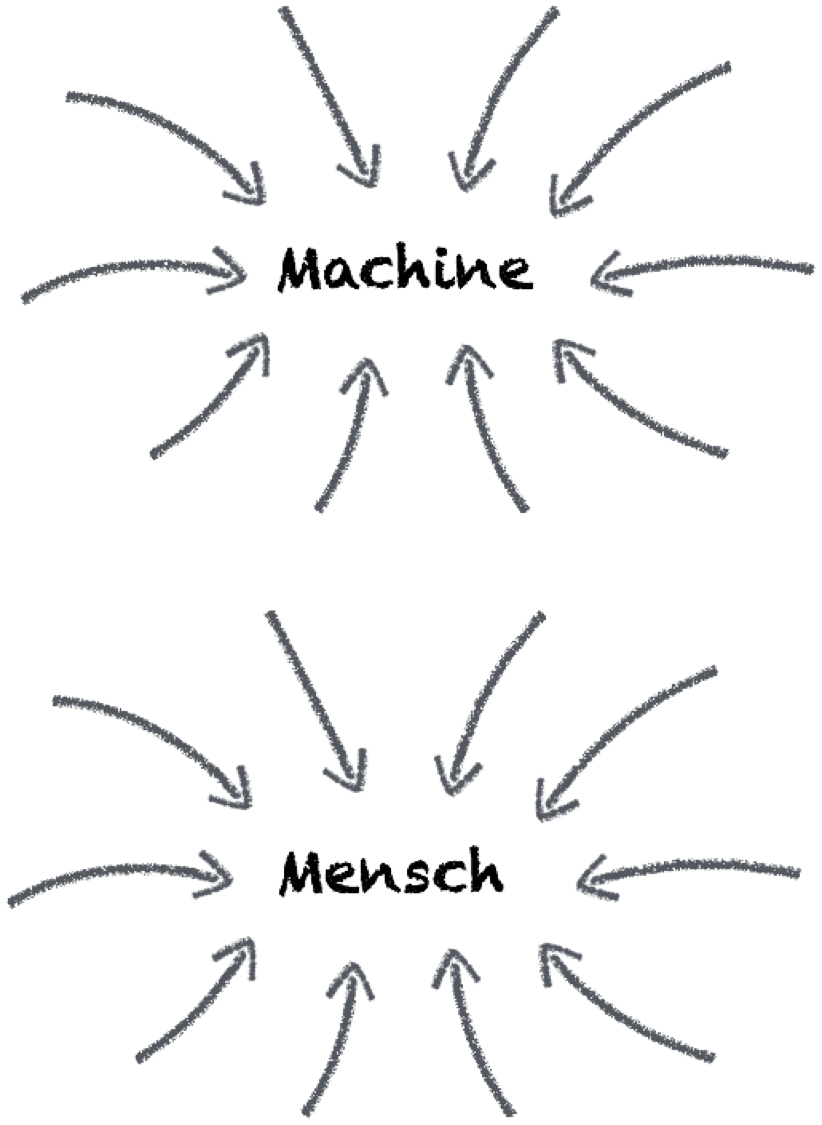The digitization of all areas of life has led to increasing complexity and companies find themselves in a conflict as a result of this development. One example is medium-sized management consultancy, which is one of the industries that has benefited greatly from digitization. However, primarily as the one who sets up, controls and carries out the large number of projects for the digitization of companies in a wide variety of industries. However, this is often hardly digitized itself. You can find more information in my article too Consulting 4.0 remove.
The race for digital supremacy is also characterized by a rapid pace of change. American and Asian companies in particular are in the fast lane and are pushing competitors out of the markets around the world. But what about in Germany? How is the digital transformation progressing in German SMEs?
The tradition in the middle class
Successfully implementing digital change is currently the task of all companies and industries. In Germany, economic growth is being driven primarily by medium-sized businesses. As the backbone of the German economy, traditional companies in particular are an important pillar due to their ability to innovate and technological skills. According to Study by the BMWI 57% of economic output is provided by German medium-sized companies.
Medium-sized companies have a long tradition and are often characterized by a long-term orientation. Thanks to a high level of added value and the focus on the quality of their innovative products, there are many options for process automation and the upgrading of products with digital or software-based modules. Take a look at the current one digital study by kfw one finds sentences like:
- Only a fifth of medium-sized companies have started digitally networking products and services and can therefore be counted among “pioneers”
- The expansion of digitization is progressing in most companies, but mostly in small steps
- Deficits in IT skills, data security and internet speed make digitization more difficult in medium-sized companies
- Focus topic Industry 4.0 : Projects are typical innovation projects; Qualification requirements change, business models only gradually
Jean Jaurés once coined the wonderful saying: “Tradition does not mean keeping ashes, but keeping a flame burning”. Almost no traditional company would still exist today if it had not repeatedly oriented itself to its own and proven principles and traditions in the course of its history. But is reference to the past enough in modern competition to remain competitive in the long term? Because as I said in the article on digital r (evolution) said: When the wind of change blows, some build protective walls and others windmills.
[yop_poll id=”45″]
Digitization in medium-sized companies
The digital change affects everyone: employers as well as employees, students and families, young and old people. In the country and in the city. In the workshop next door as in the large company. Digitization is also an issue in medium-sized businesses. It is time for them to successfully transfer their core values, i.e. their focus on sustainable company growth, long-term and close customer and supplier relationships and the satisfaction of their employees, into the digital age. The aim is to resolve the conflict of goals between the long-term strategy of traditional companies and the high speed of innovations and change processes in digitization. Now certainly not all areas will fundamentally change and every employee will work 100% independently, but companies should steer towards these values and at least allow a little more self-control than usual. Brandes provides an approach for such a change in values in the following figure, which I interpret in the context of digitization in medium-sized companies.

Tradition meets digitization
The digital transformation has arrived at companies. The German SME sector in particular is an important backbone of the German economy. Compared to startups, however, this one often has a long tradition that is not easy to change. However, not every area will change fundamentally. For this reason, an increase in agility is recommended in important core areas. In principle, traditional companies should successfully transfer their core values, i.e. their focus on sustainable corporate growth, long-term and close customer and supplier relationships and the satisfaction of their employees, into the digital age. One approach was presented here in the article. One thing is clear, however: Current classic methods from traditional companies are often no longer optimal in the context of digital transformation and should be reassessed. The following figure shows why certain basic values have to change. This is because the focus is shifting from machines and planning to creativity and people.

Brandes, U., Gemmer, P., Koschek, H., & Schältken, L. (2014). Management Y . Munich: Campus Verlag.
https://www.kfw.de/PDF/Download-Center/Konzernthemen/Research/PDF-Dokumente-Studien-und-Materialien/Digitalisierung-im-Mittelstand.pdf
https://www.bmwi.de/BMWi/Redaktion/PDF/W/wirtschaftsmotor-mittelstand-zahlen-und-fakten-zu-den-deutschen-kmu,property=pdf,bereich=bmwi2012,sprache=de,rwb=true.pdf



